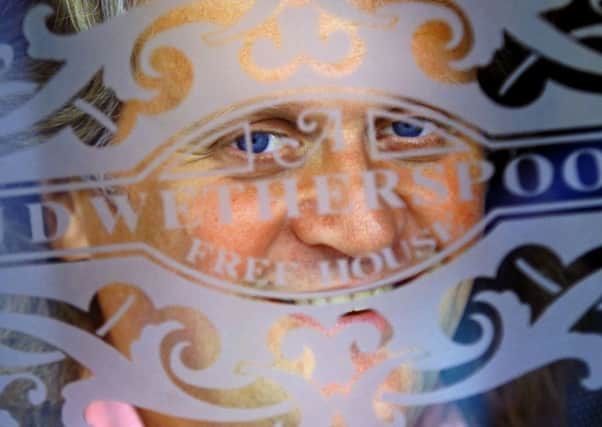Wetherspoon boss '˜cautious' after sales and costs warning
This article contains affiliate links. We may earn a small commission on items purchased through this article, but that does not affect our editorial judgement.


Founder and chairman Tim Martin said like-for-like sales rose 3.2 per cent in the 12 weeks to 15 January, and 3.4 per cent in the first half to date.
But Martin, who still owns some 28 per cent of the business, said he was “cautious” about the second half of the year as he expected staff wages to rise about 4 per cent, £7 million of extra business rates and a £2m hit from the new apprenticeship levy.
Advertisement
Hide AdAdvertisement
Hide AdWetherspoon, whose 950-strong pub estate includes dozens of Scottish outlets including The Playfair in Edinburgh and The Blacksmith’s Forge in Dalkeith, said it expects a profit margin of 8 per cent for the first half.
That is 1.7 per cent higher than the same period last year. Wetherspoon’s total sales in Q2 so far are up 0.7 per cent, and 1.6 per cent higher on the year to date.
The company expects a slightly improved trading outcome for the financial year compared with 2016 and said it will increase investment in existing pubs from £34m to about £60m. Wetherspoon told investors that net debt would be £50m at the end of this financial year.
Martin, a high-profile supporter of Brexit, also said the “mutual imposition of World Trade Organisation (WTO) tariffs would create a windfall for the UK, so a sensible basic mantra for the UK is free trade or World Trade Organisation rules – the EU can choose”.
